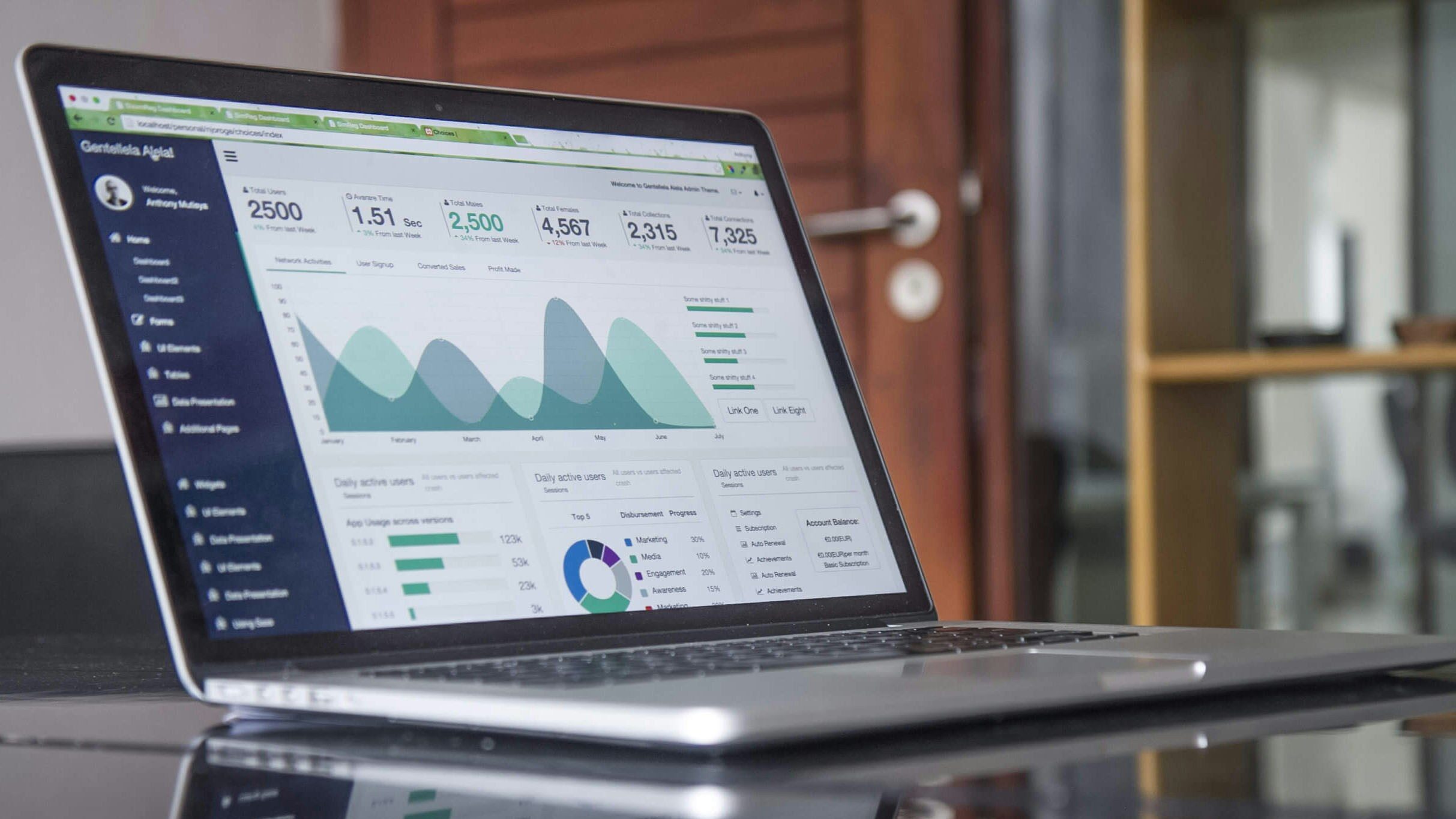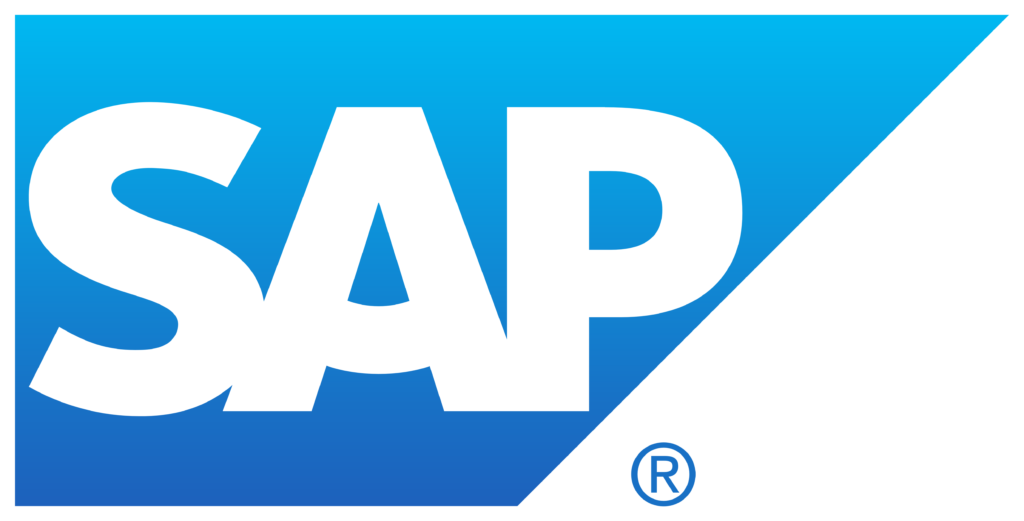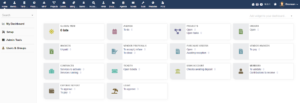
Enterprise Resource Planning, better known as ERP, takes many forms. If you are a small business owner, perhaps you have cobbled together a variety of spreadsheets, word documents, slide decks, and a few software applications to help you conduct your daily business operations (something I have also seen in big business!). If so, do you really need an ERP solution?
What is ERP?
ERP is a way to centralize your business’ operational data as much as possible. This includes customer and vendor information, inventory, receipts and shipments of goods, receivable and payable data, employee details, and much more. Perhaps you have heard of ERP solutions such as NetSuite by Oracle or SAP S/4HANA
Who needs ERP?
An ERP solution is not for everyone. For example, if you own and operate a local barbershop and only accept cash, chances are you can simply use some simple finance software to track your income and expenses (perhaps another software to help with payroll if you have employees).
However, if you run a business and have a desire or requirement to track a lot of data, an ERP solution might be for you. If you are manufacturing something, this is where an ERP solution which provides the capability to track Bills of Material (BOMs) and manufacturing operational data can really help you. After all, manufacturing is transforming raw materials into something of value, and this conversion needs to be accounted for properly to understand what raw materials and quantities of each went into the production of the finished good or intermediate product.
Benefits at a glance
- Meeting regulatory and compliance requirements
- “Platforming” data for easier reporting
- Standardization of work processes
- Enables automation

What solution should I choose?
Enterprise Resource Planning software solutions are often designed to serve specific industries or are modularized so you can select the modules relevant to you and pay for only what you need. Therefore, to get a better understanding of what ERP system might make sense for you, answer the questions below and think of other questions on your own:
- What can I afford to do?
- Am I primarily service or product focused?
- How much data do I need to track?
- What industry do I work in?
Additionally, do additional research. On YouTube, Eric Kimberling is a very knowledgeable expert regularly discussing ERP successes and failures.
ERP for small business
As a small business, you are probably not going to pursue a solution from SAP as this can be quite costly and complex. Therefore, I recommend starting with free or low-cost solutions, such as Dolibarr or Odoo, and scaling up, when needed, as your business grows. Even though ERP solutions are usually tailored for specific industries, you will need to tailor your work process based on the capabilities and execution of processes in the ERP software.
Conclusion
Take some time to learn if an ERP system is right for you. While there are many benefits of using ERP software, it may not always be the best approach for your small business. However, if you are responsible for tracking a lot of data and have compliance requirements to meet and report on, utilizing a better system than spreadsheets and other documents could help you tremendously.


